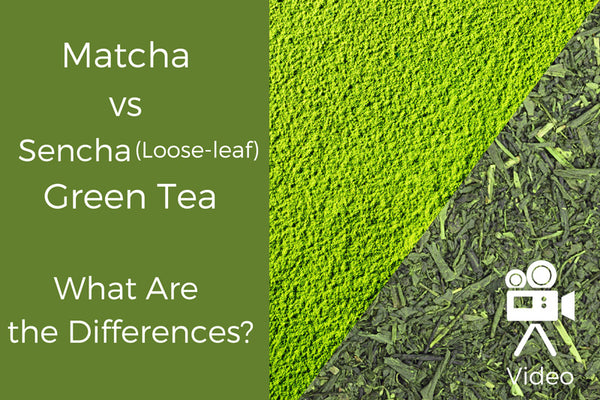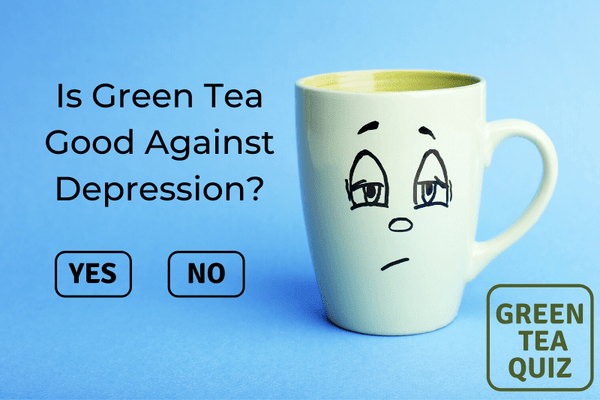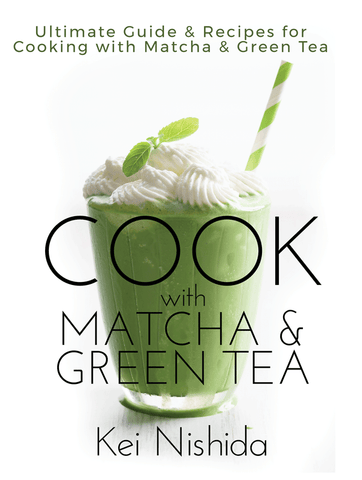Is it OK to Drink Green Tea on an Empty Stomach?

With so many finding weight loss and diabetes control/reversal success by following Intermittent Fasting (IF) protocols, many are also being introduced to the benefits of green tea. (Click here to read my other article why Japanese Green Tea is Perfect for Intermittent Fasting and how to do it) Not only has tea been part of a healthy diet for thousands of years, it's not only the ancients who have discovered the benefit; medical science has now proven the value of this subtle and often tasty beverage.
IF ideally calls for consumption of nothing but water during the fasting periods. Because some find this tiresome, they've experimented with adding black coffee; black coffee with artificial sweeteners or natural sweeteners that don't change blood sugar much (such as stevia and monkfruit); and adding teas. But...is it safe to drink green tea on an empty stomach?
First Of All, Green Tea is Healthy

Green tea not only supplies caffeine to give us a gentle energy boost, but it contains antioxidants and substances that contribute to lowering blood pressure. It's proven to help decrease rates of esophageal cancer -- and potentially other cancers as well -- and has a positive influence on blood cholesterol.
Green Tea has benefits During Fasting

According to IF guru, author, and nephrologist Dr. Jason Fung -- who many turn to as one of the ultimate authorities in intermittent fasting -- adding teas during the fasting period does not appreciably raise blood sugar, and in the case of green tea, it can have small, but measurably positive influences on metabolism. Green tea contains polyphenol, which helps with fat oxidation and the rate at which the body uses calories. Dr. Fung said to drink on up, both during fasting and during feeding periods.
Alert: It Also Can Cause Stomach Upset on an Empty Stomach
The catch-22 with deriving benefits from green tea while fasting is that in addition to its many benefits, green tea is also high in tannins, which increase stomach acids. In most this won't be a problem, but in someone with peptic ulcers or gastric reflux, it may cause heartburn or other stomach distress.
Weighing the Opinions
Some health experts warn of acidic stomach for some, and other sources claim the opposite, that green tea is a more gentle alternative than either black tea or coffee. This might make a difference in particular for those who are doing IF, as the only beverages allowed aside from water all have some component of possibly causing stomach acidity on an empty stomach/during fasts. The question is whether or not this is tolerable to the individual.
The only way to know whether green tea can be consumed comfortably during your own fasting periods is to go ahead and give it a try. Remember that green tea is beneficial to us whether we are fasting or not, so there's no harm in trying. We have few choices in drinks during fast periods, and there's no reason to discount green tea as a viable, and possibly quite beneficial, option.
Buy High Grade Green Tea in Teabags
Related Articles You May Be Interested In
Also in Japanese Green Tea Lovers in India

TYPES OF TEA: MATCHA VS SENCHA GREEN TEA: WHAT ARE THE DIFFERENCES?
When it comes to different types of tea, matcha and sencha green tea are two many people have questions about! Get answers in this post.

Is Green Tea Good Against Depression?

What is the best way to store your matcha & Japanese green tea?
5 Essential Storage Rules for Matcha and Japanese Green Tea
Read on to learn how to store matcha the proper way to ensure that you get the most out of this ancient elixir.
































